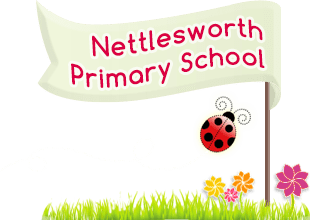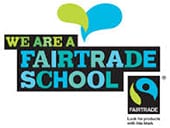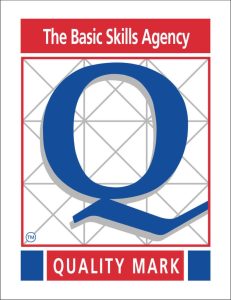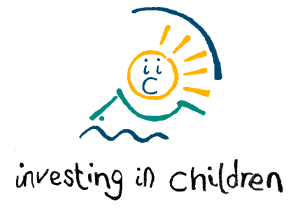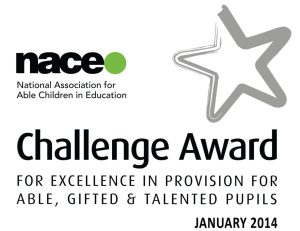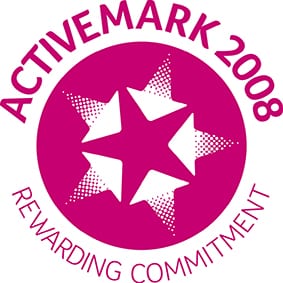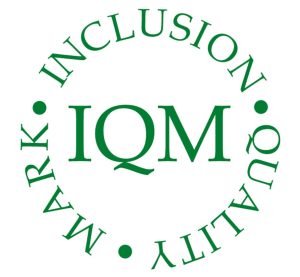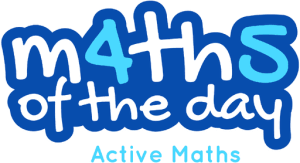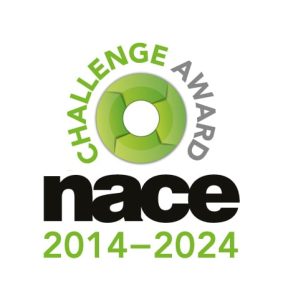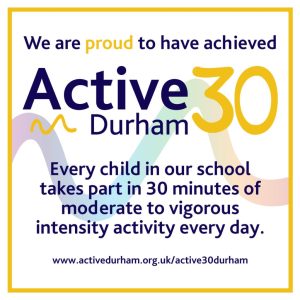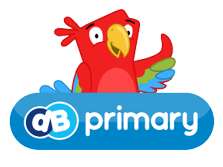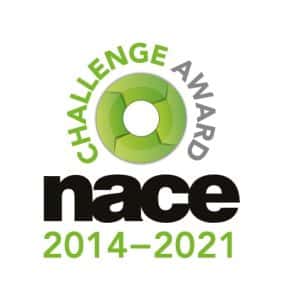rse_primary_schools_guide_for_parents__
7th September 2021
Dear Parents and Carers,
We’ll be reviewing our relationships and sex education (RSE) curriculum and policy, so we can be sure our RSE provision is appropriate for our pupils based on their:
- Age
- Physical and emotional maturity
- Religious and cultural backgrounds
- Special educational needs and/or disabilities (SEND)
We need your feedback to help us do this.
Here’s how you can help:
We’re running a focus group on Wednesday 15th September at 4pm. If you’d like to participate, please email d.lee103@nettlesworth.durham.sch.uk or call the school office on 01913710444 before Friday 10th September 2021.
A focus group meeting should take no more than 1 hour.
To help you understand the curriculum requirements we need to meet, please take a look at the enclosed summary of what all pupils are expected to know by the end of primary school. If you’re joining a focus group meeting, please read this before the meeting.
Thank you for your time.
Yours sincerely,
Donna Lee
Head Teacher
RSE expectations: primary
Here’s what all pupils should know by the end of primary school. These are the expectations set by the Department for Education.
Families and people who care for me
- That families are important for children growing up because they can give love, security and stability
- The characteristics of healthy family life, commitment to each other, including in times of difficulty, protection and care for children and other family members, the importance of spending time together and sharing each other’s lives
- That other people’s families, either in school or in the wider world, sometimes look different from their family, but that they should respect those differences and know that other children’s families are also characterised by love and care
- That stable, caring relationships, which may be of different types, are at the heart of happy families, and are important for children’s security as they grow up
- That marriage represents a formal and legally recognised commitment of two people to each other which is intended to be lifelong
- How to recognise if family relationships are making them feel unhappy or unsafe, and how to seek help or advice from others if needed
Caring friendships
- How important friendships are in making us feel happy and secure, and how people choose and make friends
- The characteristics of friendships, including mutual respect, honesty, trust and trustworthiness, loyalty, kindness, generosity, sharing interests and experiences, and support with problems and difficulties
- That healthy friendships are positive and welcoming towards others, and do not make others feel lonely or excluded
- That most friendships have ups and downs, and that these can often be worked through so that the friendship is repaired or even strengthened, and that resorting to violence is never right
- How to recognise who to trust and who not to trust, how to judge when a friendship is making them feel unhappy or uncomfortable, managing conflict, how to manage these situations and how to seek help or advice from others if needed
Respectful relationships
- The importance of respecting others, even when they’re very different from them (for example, physically, in character, personality or backgrounds), or make different choices or have different preferences or beliefs
- Practical steps they can take in a range of different contexts to improve or support respectful relationships
- The conventions of courtesy and manners
- The importance of self-respect and how this links to their own happiness
- That in school and in wider society they can expect to be treated with respect by others, and that in turn they should show due respect to others, including those in positions of authority
- About different types of bullying (including cyber-bullying), the impact of bullying, responsibilities of bystanders (primarily reporting bullying to an adult) and how to get help
- What a stereotype is, and how stereotypes can be unfair, negative or destructive
- The importance of permission-seeking and giving in relationships with friends, peers and adults
Online relationships
- That people sometimes behave differently online, including by pretending to be someone they’re not
- That the same principles apply to online relationships as to face-to-face relationships, including the importance of respect for others online (even when we’re anonymous)
- The rules and principles for keeping safe online, how to recognise risks, harmful content and contact, and how to report them
- How to critically consider their online friendships and sources of information, including awareness of the risks associated with people they’ve never met
- How information and data is shared and used online
Being safe
- What sorts of boundaries are appropriate in friendships with peers and others (including in a digital context)
- About the concept of privacy and the implications of it for both children and adults (including that it’s not always right to keep secrets if they relate to being safe)
- That each person’s body belongs to them, and the differences between appropriate and inappropriate/unsafe physical and other contact
- How to respond safely and appropriately to adults they may encounter (in all contexts, including online) who they don’t know
- How to recognise and report feelings of being unsafe or feeling bad about any adult
- How to ask for advice or help for themselves or others, and to keep trying until they’re heard
- How to report concerns or abuse, and the vocabulary and confidence they need to do so.
- Where to get advice (e.g. family, school, other sources)
